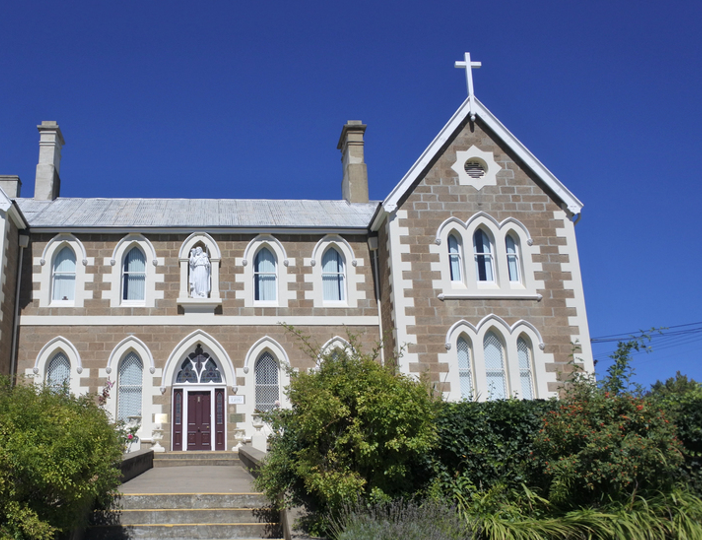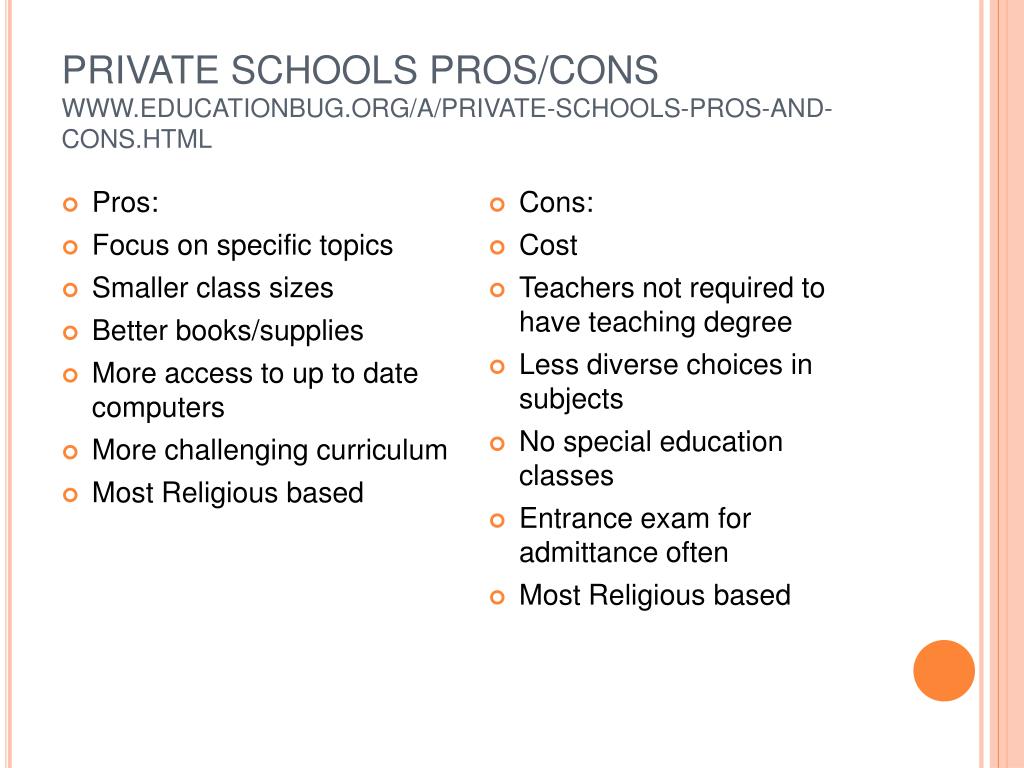What is Private Schooling and How Does It Differ from Public Education?
Definition of Private Schooling Private schooling refers to educational institutions that are not funded by the government but by tuition fees, private contributions, and sometimes religious organizations. These schools operate independently from the public school system and are typically governed by a board of directors or trustees. Unlike public schools which must accept all students within their district, private schools have the ability to select their students based on various criteria including academic performance, religious affiliation, and sometimes familial connections. Funding and Resources One of the primary differences between private and public education is the source of funding. Public schools receive funding from state and federal governments which often depends on property taxes in their local areas. This can lead to disparities in quality depending on economic variations across different regions. In contrast, private schools rely largely on tuition payments and donations which can provide more stable financial support allowing for better facilities, more resources like books and technology, as well as extracurricular programs. Curriculum Choices Private schools generally have more freedom when it comes to curriculum development. They are not bound by state mandates on what should be taught,
read more
How Christian Schools Differ Around the World
Educational Models and State Interaction Christian schools exhibit a diverse range of interactions with state systems worldwide. In the United States, for example, most Christian schools operate independently from the public school system , relying instead on tuition fees and private funding. This independence allows them to incorporate religious teachings freely within their curriculums. Contrastingly, in countries like Germany, Christian schools might receive state subsidies but still adhere to stringent educational standards set by the government. Curriculum and Religious Instruction The curriculum in Christian schools can vary significantly depending on their geographical location and denominational affiliation. Schools in predominantly Catholic countries such as Italy or Spain may place a strong emphasis on Catholic doctrines and values throughout their teaching. Meanwhile, in places where Christianity is not the dominant religion, such as India or Japan, Christian schools often serve as minority institutions that offer an alternative educational perspective focusing not just on academic excellence but also spiritual growth. Cultural Influences Cultural context plays a crucial role (in shaping) how Christian principles are integrated into education. For instance, in African countries like Kenya or Uganda, Christian schools are often seen as community
read more
Exploring the Different Types of Scholarships Offered by Private Schools
Private schools, diverse in their offerings and structures, often provide a variety of scholarships aimed at supporting different types of students. These scholarships are vital for families who may not otherwise afford the tuition fees associated with private education. Merit-Based Scholarships One common type of scholarship offered by private schools is the merit-based scholarship. This type is awarded to students demonstrating high academic achievement or excelling in a specific area such as arts or athletics. Schools look to attract talented individuals who can contribute positively to their community and uphold the school's reputation in various competitions and exhibitions. Needs-Based Scholarships Contrary to what some might believe (needs-based scholarships aren't solely about academics), these awards focus on assisting families with financial constraints that could otherwise hinder their child’s enrollment in a private institution. Often, these scholarships require families to submit detailed financial information through forms like the Parents' Financial Statement. Religious Affiliation Scholarships For schools that have religious affiliations, scholarships might be available specifically for members of that faith community. These awards are meant to encourage attendance by students who will contribute to the spiritual life of the
read more
List of the Pros of Prayer in School
Whereas many online schools are affiliated with christian institutions or claim to have a christian worldview, acellus academy doesn’t seem to have this worldview. I couldn’t find any information about their religious affiliation on their website (or when i emailed them), so i concluded they come at education from a secular perspective. Other homeschooling blogs also came to this conclusion. Indeed, on one website, it’s listed aa as a suitable choice for secular homeschooling families. Some of the acellus academy reviews by christian homeschooling parents said they had to supplement their course with bible, prayer, hymn study, etc. Because acellus academy is a secular curriculum , you’ll find things like evolution being promoted (if you don’t like this, go with bju press , abeka , or alpha omega publishing’s lifepac or monarch). By aubrey de jesus • 07 oct, 2024 as a teacher and school librarian for many years, from preschool to middle school, i have found one thing to be true across the board: children of all ages love to be read to. It doesn’t matter the age, kids love listening to a good story and become easily entranced by a good read aloud. By aubrey dejesus • 12
read more
2. If it is a small school, your child may be limited in opportunities.
Deciding when to send your child to a private school is an emotionally charged decision filled with hope, anxiety, and contemplation. As a parent, you might feel hopeful and excited about the potential benefits of a private education. You envision your child thriving in smaller class sizes, receiving individualized attention, and accessing enriched programs that can shape their future positively. The desire to provide the best possible opportunities for your child's academic and personal growth often fuels this hope, making the prospect of private schooling a thrilling consideration. On the other hand, the decision can also bring about significant anxiety and doubt. 3. It may be expensive. Starry inkwell people are very noisy, which can be especially annoying if you're sensitive to sound a school may serve disgusting meals. If you live where i do, the meals are also often expensive for their quality when people are bored, they'll walk up to you and say rude things to get a reaction out of you weird people might start watching you occasionally you'll get gum stuck on your shoe you'll have to give class presentations in person. You'll have to walk up to the front of the room and try not to sound stupid while
read more
Why Christian School: The Great {Education} Debate
Advantages: one of the main advantages of a christian homeschool curriculum is that it allows parents to incorporate biblical principles into their child's education. Most subjects are taught from a biblical worldview, which equips kids to answer life's greatest questions through the teachings of the bible. This provides a strong foundation for a child's spiritual development, which, in some cases, is more important than academic development. Another advantage of using a christian homeschool curriculum is the flexibility it offers. Parents can tailor their child's learning environment to their specific strengths and interests. They get to choose the pace at which their child learns, ensuring they fully understand a concept before moving on. 1. Your child will be taught from a Biblical perspective which will (hopefully) help them form a Biblical world view. Parents have control over the child’s curriculum and educational goals. Parents choose the cost and complexity of curriculum and materials. You also get to control exactly what your child is learning and can ensure that their curriculum is taught from a biblical worldview. Children are at home with one or both parents all day. This allows you to give your child the spiritual, emotional, and academic support he
read more
Pros and Cons of Christian Schools
Heaton, timothy l. , "common core state standards pros and cons: what’s a christian to do?" (2015). Education faculty presentations. 284. Https://digitalcommons. Cedarville. Edu/education_presentations/284. The bible is clear that there are both pros and cons to christian leadership compared to secular leadership. On the one hand, christians are called to be servant leaders who are selfless and focused on others (luke 22:26). On the other hand, the world often values power and control, which can lead to corruption and abuse of authority. Some of the potential cons of christian leadership include: the high standards set by the bible can be difficult to live up to. Christian leaders may be accused of being judgmental or hypocritical. The church can be a controversial topic, which can make it difficult for christian leaders to gain respect from secular peers. Reasons to Send Your Child to Christian School (Pros): Homeschooling, or elective home education, is where parents manage their children’s education themselves in the home environment. Teaching can be delivered either by a parent or an online teacher and homeschooled students learn at their own pace. Homeschooling isn't the same as distance learning, where children learn virtually alongside their classroom-based peers.
read more